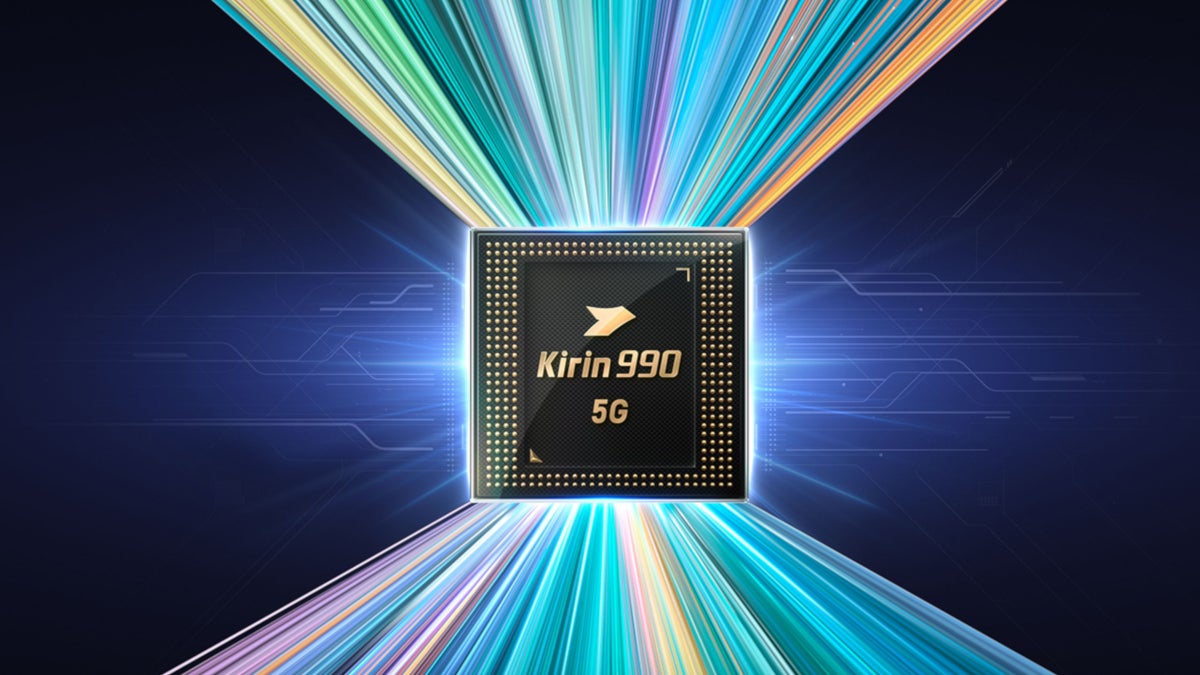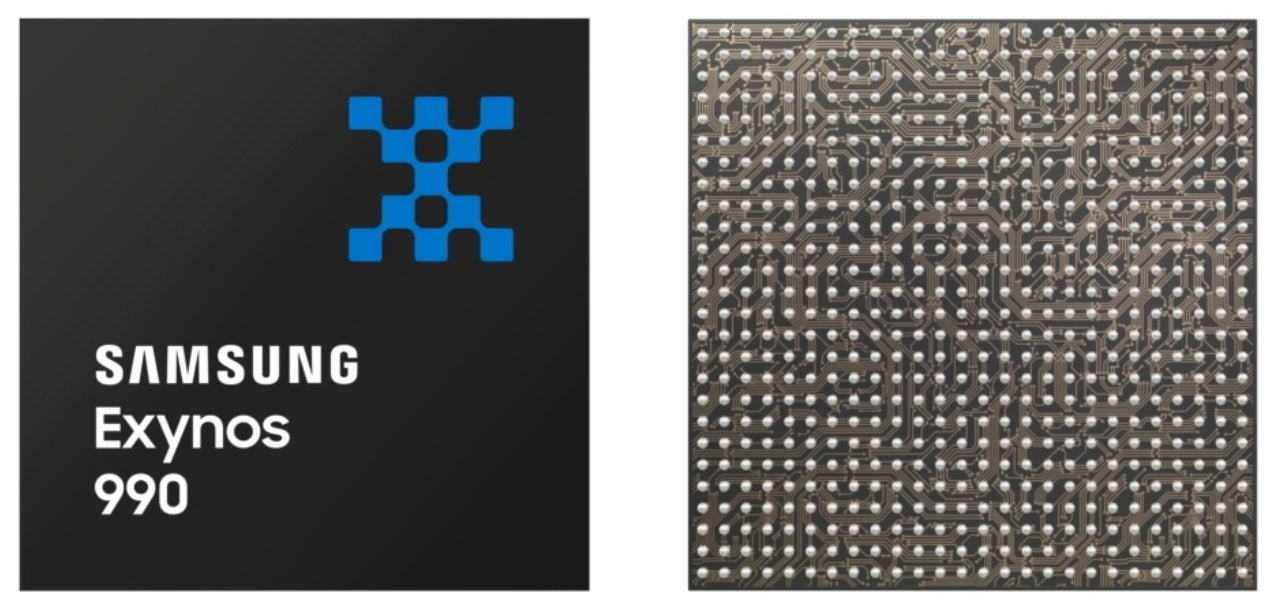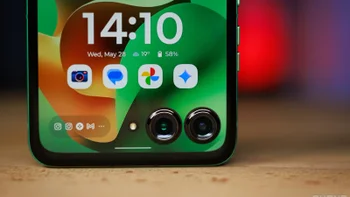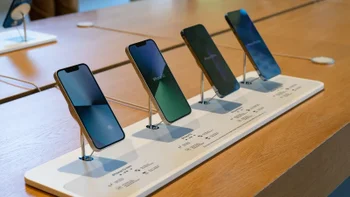Find out how Samsung and Huawei shook up the mobile chip market

A report published by IHS Markit (via IT Home) suggests that a major shift is taking place in the marketplace for integrated circuits. With phone manufacturers like Samsung and Huawei increasing the use of their own in-house chips, Qualcomm's share of the mobile chip market is being negatively impacted. The pair raised shipments of their own chips by 30% during the third quarter of 2019. That three month period covers July through September.
The report adds that 80.4% of Samsung's mid-range handsets were powered by the company's own Exynos SoC during the quarter. In the 2018 third quarter, 64.2% of Sammy's mid-rangers contained an Exynos chipset. Huawei saw the number of its phones running on its own HiSilicon unit's Kirin chipsets rise from 68.7% during Q3 2018 to 74.6% for Q3 2019. Huawei used to save its Kirin SoCs for use on flagship models, but the Chinese manufacturer has apparently widened the usage of these chips (more on that later). Since it has its own foundry business, Samsung produces its Exynos chipsets. Huawei does not own any fabrication facilities (making it fabless using the industry's lingo) so its chips are produced by TSMC.
The U.S. supply chain ban has forced Huawei to expand usage of its Kirin chips
As Huawei and Samsung increased the usage of its own chips, Qualcomm was the company negatively impacted the most. For example, during the third quarter of 2019, the percentage of Qualcomm chips used on Huawei phones declined dramatically from the year-earlier 24% to 8.6%. Huawei did increase its usage of MediaTek's integrated circuits during the same time period from 7.3% to 16.7%.

Samsung's Exynos 990 will be employed by European Galaxy S20 models
Huawei might have used its own Kirin SoCs and MediaTek's chips on more of its phones during the 2019 third quarter because it is banned from accessing its U.S. supply chain. The company was placed on the U.S. Commerce Department's entity list in the middle of May due to security reasons. As a result, the manufacturer has not been able to purchase chips from Qualcomm, which is headquartered in San Diego, California. Huawei did say that it had built up a large inventory of certain components anticipating a U.S. ban. The company that provides Huawei with memory chips, Micron Technology, says that it has received a license for 2020 allowing it to ship its DRAM chips to Huawei, which is Micron's largest customer.
Samsung is making a different kind of shift with its first flagship of 2020, the Galaxy S20 series. Traditionally, Samsung used its most powerful Exynos chip on the Galaxy S series in most markets except for the U.S., Japan, China, and Latin America. The units shipped in those countries were typically powered by the latest Qualcomm Snapdragon SoC. But this year, all Galaxy S20 models will be equipped with the Snapdragon 865 Mobile Platform except for units shipped in Europe; the latter phones will employ the Exynos 990 SoC.
Qualcomm remains the leader in delivering chipsets globally to the mobile wireless market with a 31% market share. MediaTek is next with a 21% slice of the global pie. Samsung's Exynos and Huawei's Kirin own 16% and 14% of the global mobile chip market respectively.
Speaking of Qualcomm, it had originally planned on having Samsung manufacture its new flagship SoC, the Snapdragon 865 Mobile Platform, using its 7nm EUV process. Instead, it appears that TSMC will produce the chipset using its improved 7nm "N7P" process; this is the very same node used by TSMC to manufacture Apple's highly regarded A13 Bionic chipset. Halway through this year, TSMC will start shipping 5nm chips which will contain more densely packed transistors making these ICs more powerful and energy efficient than currently available chips. Two of the first major SoCs to be produced by TSMC using the 5nm process are expected to be Apple's A14 Bionic and Huawei's Kirin 1020. We should see these components inside the 2020 iPhone models and the Huawei Mate 40 series respectively.
Follow us on Google News













Things that are NOT allowed:
To help keep our community safe and free from spam, we apply temporary limits to newly created accounts: